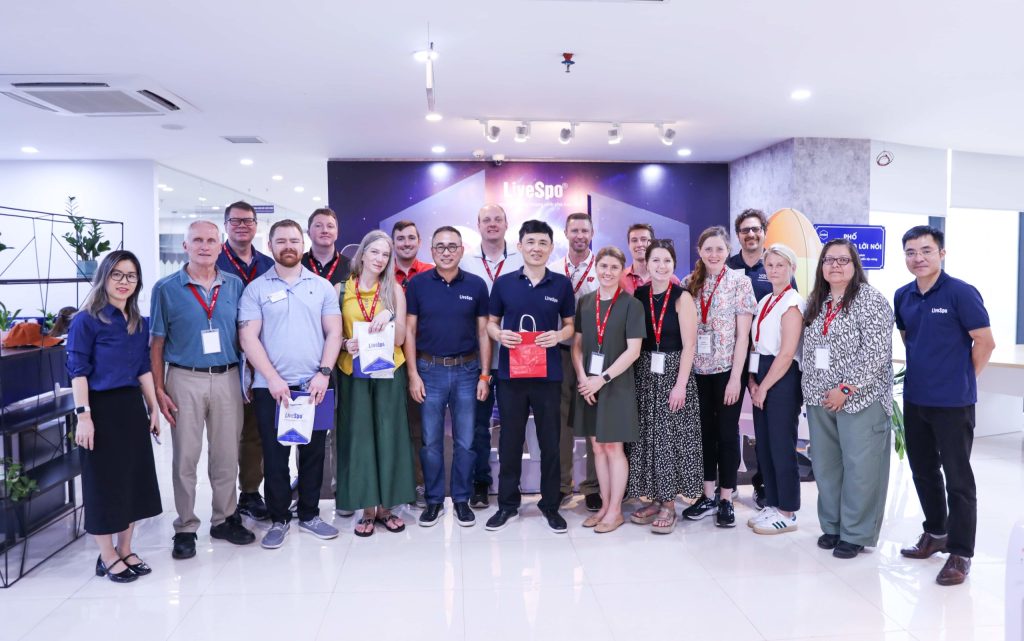In the quest for a long and fulfilling life, the concept of this diet has gained significant attention. A longevity diet, rooted in scientific research, focuses on harnessing the power of nutrition to promote overall health, prevent age-related diseases, and extend lifespan. This comprehensive guide delves into the principles of a longevity diet, offering actionable tips and insights to help you make informed choices and embark on a journey toward a longer, healthier life.
Understanding the Longevity Diet
The longevity diet is not just another fad; it’s a scientifically substantiated approach that emphasizes the importance of nutrient-dense foods and mindful eating. It encompasses a range of dietary strategies aimed at optimizing cellular function, reducing inflammation, and supporting vital systems within the body.
Key Components of a Longevity Diet
Eating for longevity doesn’t have to be complicated, and many simple tips and tricks can help us maintain a longevity diet as we age:
- Plant-Powered Nutrition: The cornerstone of a longevity diet revolves around plant-based foods. Incorporating an abundance of colorful fruits, vegetables, whole grains, legumes, and nuts provides a wealth of essential vitamins, minerals, antioxidants, and dietary fiber. These nutrients work synergistically to promote cellular health, bolster immunity, and combat oxidative stress – all critical factors for longevity.
- Healthy Fats for Optimal Function: Not all fats are detrimental to health. In fact, healthy fats derived from sources like avocados, olive oil, fatty fish, and nuts play a pivotal role in supporting heart health, cognitive function, and overall well-being. These fats are rich in omega-3 fatty acids and monounsaturated fats, which are associated with reduced inflammation and improved longevity.
- Balanced Protein Consumption: Adequate protein intake is vital for maintaining muscle mass and metabolic function. A longevity diet encourages a balanced approach to protein consumption, favoring lean sources such as lean meats, poultry, fish, legumes, and plant-based protein alternatives like tofu and tempeh.
- Portion Control and Mindful Eating: The practice of mindful eating is an integral part of the longevity diet. Paying close attention to hunger cues, eating slowly, and savoring each bite can prevent overeating, support digestion, and promote better weight management.
- Hydration and Nutrient-Rich Beverages: Staying adequately hydrated is often overlooked but holds immense importance for overall health. Hydration aids in digestion, circulation, and detoxification. Herbal teas and water-infused fruits contribute to hydration while providing additional nutrients.
- Harnessing the Power of Superfoods: Certain foods are hailed as “superfoods” due to their exceptional nutrient profiles. Berries, leafy greens, nuts, seeds, and turmeric are among the superstar ingredients that offer a plethora of antioxidants, vitamins, and minerals, further enhancing the potential of a longevity diet.
- Reducing Processed Foods and Added Sugars: Minimizing processed foods and added sugars is a hallmark of the longevity diet. These dietary culprits are linked to inflammation, chronic diseases, and premature aging. Opting for whole, unprocessed foods can significantly contribute to overall health and longevity.
- Intermittent Fasting as a Strategy: Intermittent fasting, a structured approach to eating and fasting cycles, has gained traction for its potential longevity benefits. Consultation with a healthcare professional is advisable before incorporating intermittent fasting into your routine.
- Movement and Physical Activity: While nutrition is a cornerstone of the longevity diet, physical activity also plays a crucial role. Regular exercise supports cardiovascular health, bone density, and muscle strength – all integral aspects of a prolonged and fulfilling life.
- Nurturing Relationships and Mindfulness: Beyond nutrition and exercise, nurturing meaningful relationships and practicing mindfulness contribute to longevity. Strong social connections and stress-reduction techniques are linked to improved mental and emotional well-being, ultimately promoting a longer, happier life.
The longevity diet is not a one-size-fits-all approach; rather, it’s a personalized journey toward optimal health and extended lifespan. As with any dietary changes, it’s advisable to seek guidance from healthcare professionals or registered dietitians to tailor the longevity diet to your individual needs and goals. Begin your path to a healthier, longer life by making informed choices and embracing the science-backed principles of the longevity diet.






